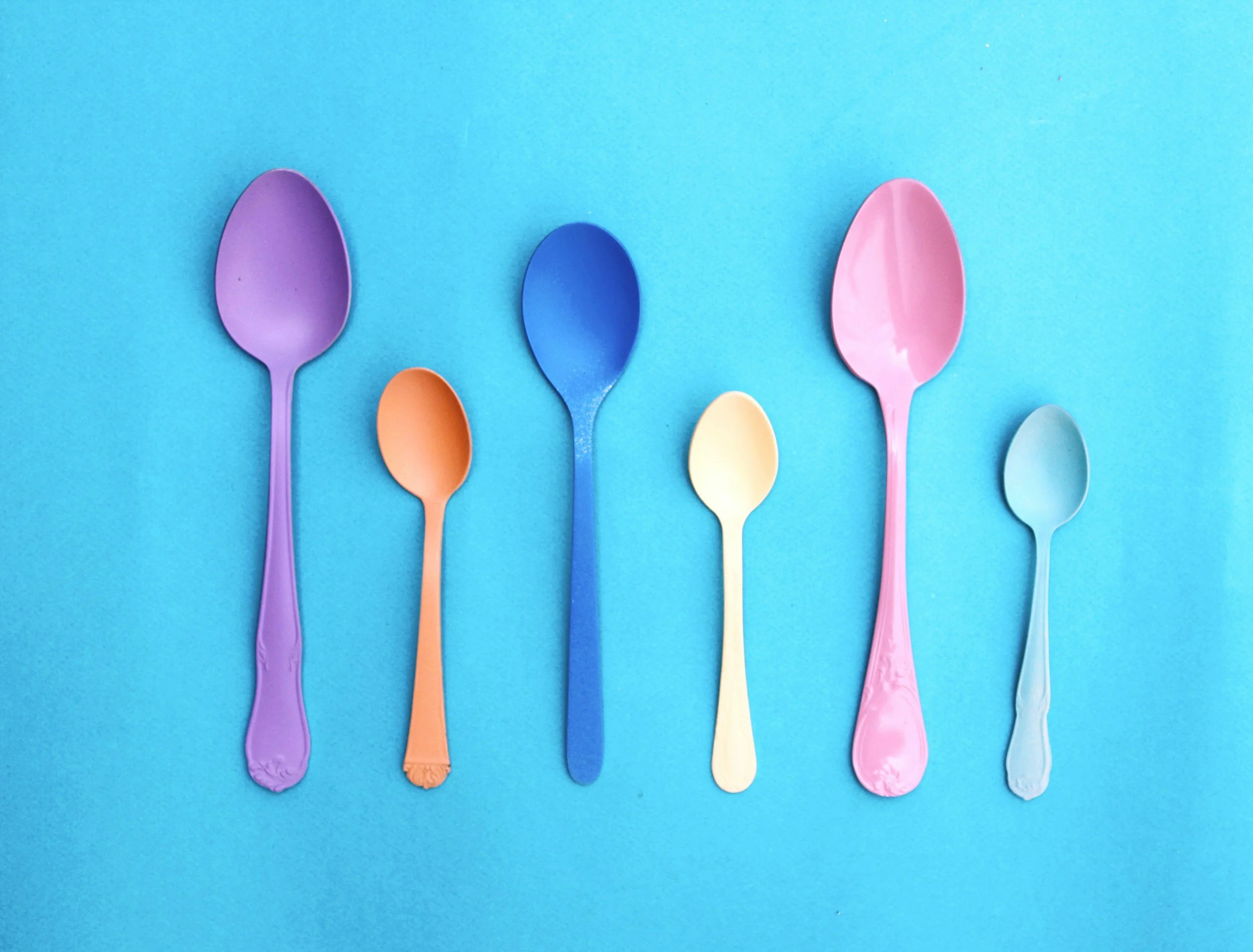Understanding the Spoon Theory: A Powerful Metaphor for Chronic Illness and Mental Health
Living with chronic illness or mental health challenges is exhausting and hard to navigate. One tool that has provided validation and clarity for many is the Spoon Theory. Originating as a simple analogy, it has grown into a framework for communicating the realities of limited energy and the importance of managing it wisely.
What Is the Spoon Theory?
The Spoon Theory was introduced by Christine Miserandino in a blog post titled "The Spoon Theory," where she described her experience living with lupus. The analogy came to life during a conversation with a friend who asked her what it felt like to live with her condition. Christine grabbed a handful of spoons from the table and explained that they represented her daily energy and capacity to perform tasks.
Each action—whether it's getting out of bed, taking a shower, or cooking a meal—"costs" a spoon. While most healthy people can go about their day without thinking much about their energy reserves, those with chronic illnesses or mental health struggles often have a limited number of spoons. Once they’re gone, they’re gone, leaving no room for additional activities until they "recharge" the next day.
Why Is the Spoon Theory So Relatable?
The beauty of the Spoon Theory lies in its simplicity and universality. It provides a tangible way to describe the invisible struggles that people with chronic conditions face. For example:
Setting Boundaries: When someone declines an invitation or opts out of an activity, explaining it in terms of "not having enough spoons" can make the decision more understandable.
Prioritization: People who use the Spoon Theory often become adept at budgeting their energy, focusing on what truly matters to them each day.
Self-Compassion: The theory encourages individuals to acknowledge their limitations without guilt, fostering a sense of self-care and kindness.
Spoon Theory and Mental Health
Although the Spoon Theory originated in the context of chronic physical illness, it resonates deeply with individuals managing mental health conditions. Depression, anxiety, PTSD, and other mental health challenges can also deplete energy reserves, making it difficult to complete even basic tasks.
For instance, a person experiencing depression might find that brushing their teeth costs a spoon, while attending a social event might cost several. Understanding this dynamic can help people be more patient with themselves and communicate their needs to others.
How to Use the Spoon Theory in Everyday Life
Track Your Spoons: Keep a mental or written note of how many "spoons" you feel you have each day. This can help you plan your activities and avoid overexertion.
Communicate Clearly: Use the Spoon Theory to explain your energy levels to loved ones, coworkers, or friends. It’s a simple way to help them understand your perspective.
Advocate for Yourself: Knowing your limits empowers you to say "no" when needed, ensuring you prioritize your health and well-being.
Plan for Recovery: Allow yourself time to recharge after "spending" a significant number of spoons. This might include rest, relaxation, or engaging in activities that bring joy and comfort.
Expert Tips From Licensed Therapists:
“Stop trying to borrow spoons from the future. It leaves you in a deficit quickly.”
“Build in small recovery breaks to replenish energy. Just 10 minutes of rest can make a tremendous difference:”
“Conserve energy when you can.”
“You are not a burden. Give yourself permission to use tools and ask for help.”
Tonya Andrews
https://www.tolearntoliveagain.com
“Create an energy input/output map of the different components. Look for areas that need to be re-balanced.”
Rebecca Berlin Spuller
“Having awareness of your capacity, accepting yourself, and healthy boundary setting.”
Amanda Lowrey
www.growwithpurposecounseling.com
“Identify what can increase your spoons. Be intentional about what you spend spoons on.”
Becci Lynne
https://www.rhscares.com/rebecca-malan
“Reduce the use of spoons where you can (i.e. not forcing masking, like eye contact and small talk, lowering demands, etc.). Reduce sensory input when possible (i.e. wearing noise cancelling headphones, dimming lights, regulating temperature, etc.). Find sensory practices that are pleasing to you (essential oils, white noise, blankets, etc.).”
Melissa Graves
https://www.facebook.com/cayacofkansas#
https://www.psychologytoday.com/us/therapists/melissa-graves-wichita-ks/1386699
Building Empathy Through the Spoon Theory
For those without chronic illnesses or mental health conditions, the Spoon Theory can serve as a lens for greater empathy. It’s a reminder that not all challenges are visible and that small acts of understanding can make a big difference. Offering help, being flexible, or simply listening can ease the burden for someone navigating a limited "spoon supply."
Final Thoughts
The Spoon Theory is more than just a metaphor; it’s a lifeline for many who struggle to articulate their daily realities. By embracing its principles, individuals and their support networks can foster greater understanding, compassion, and resilience. Whether you live with a chronic condition, support someone who does, or simply want to deepen your empathy, the Spoon Theory offers valuable insights into the human experience.
Do you use the Spoon Theory to navigate your own life or support others? Share your thoughts and experiences in the comments below!
